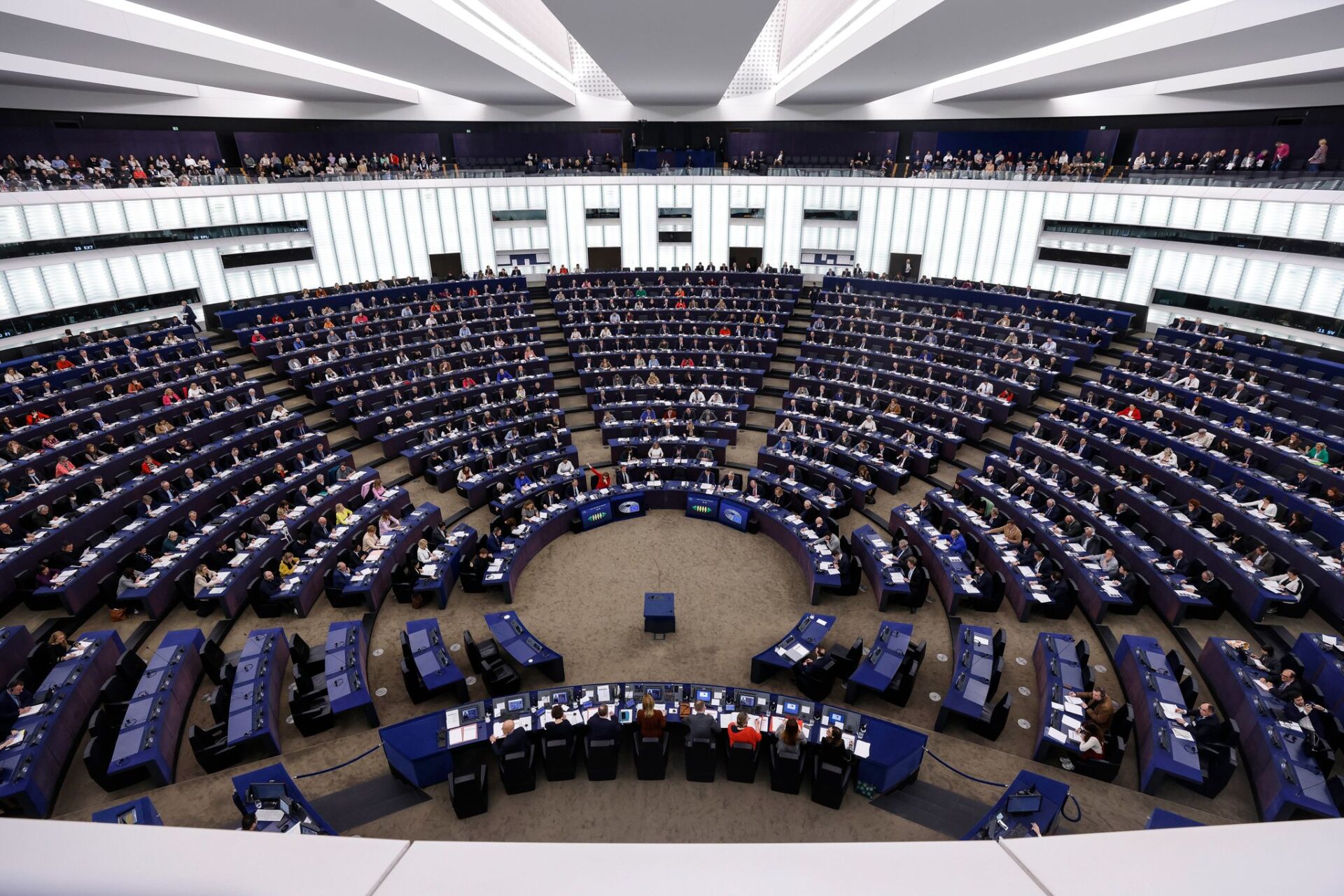After co-opting 11 MEPs, the group of European Conservatives and Reformists (ECR) jumped to third place in the EP in terms of numbers, ahead of the liberal Renew Europe (RE). Liberals will have a problem regaining their position, as they are leaving Andrej Babisz’s party, and ECR continues to “fish” for new names.
At this point, political groups in the European Parliament want one thing: to attract as many MEPs as possible. According to the first preliminary results after the EP elections, there were as many as 102 non-affiliated deputies. Less than two weeks later, this number had dropped to 83 seats, and the reshuffling continues.
This applies both to MPs who will debut in the EP and do not yet have party affiliation (currently 38), as well as to those who did not belong to any group in the outgoing chamber (there are 45). Such a party is, for example, the Alternative for Germany (AfD), relegated just before the elections from the far-right Identity and Democracy (ID) faction. Radicals from Germany want to form their own group in the EP, which would be the third faction on the right. However, for this to be possible, they must attract 23 MEPs elected from at least seven countries.
There is also a need to act quickly – for the faction to participate in the allocation of positions in the European Parliament, it should be formed before the first EP session, i.e. before July 16, and by that time inform the EP administration about the personal composition and presidium of the group.
It was speculated that a potential partner for AfD could be the Polish Confederation, whose six MEPs will debut in the EP. Confederation’s Deputy Anna Bryłka, quoted on Friday by the Euractiv portal, doubts, however, that a new group will be formed under the leadership of AfD, “even if there are plans and will.”
As a source in the EP says, far-right groups are very diverse – the parties belonging to them differ in views and often have conflicting interests, which is why the consolidation of the right in the EP is problematic. “For example, it is impossible to compare the Belgian New Flemish Alliance with the Spanish far-right VOX, and yet both parties belong to the same faction, i.e. ECR,” noted the PAP interlocutor.
An unaffiliated party remains the Fidesz party of Hungarian Prime Minister Viktor Orban, who left the European People’s Party (EPP) in 2021 due to a rule-of-law dispute. It is still unknown whether and which group the party from Hungary will belong to. As we hear from sources in the EP, on the one hand, right-wing factions are not keen to invite Orban due to his openly pro-Russian policy. On the other hand, such a move would strengthen the ECR group, which on Wednesday became the third-largest faction in terms of the number of seats in the EP, ahead of the liberals from the Renew Europe (RE) group, who have held that position since 2019. Five MEPs from Romania, three from France, and one each from Denmark, Lithuania, and Bulgaria joined the ECR.
Currently, ECR has 83, and RE – 81 MEPs. The situation is therefore quite balanced, but after the announcement on Friday by the party of former Czech Prime Minister Andrej Babisz ANO leaving the ranks of the liberals, their faction will most likely lose seven MEPs from the Czech Republic.
Babisz’s party will probably choose between two right-wing factions: ECR or ID. It seems less likely that the EPP would want to establish cooperation with the radicalizing ANO. (21.06.2024)
 go to the original language article
go to the original language article
